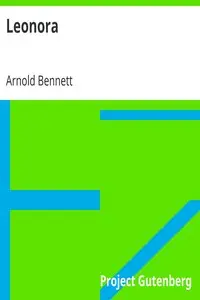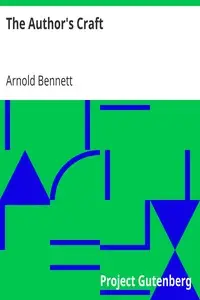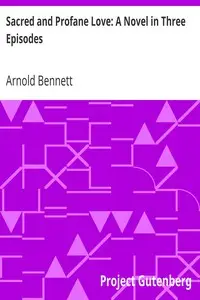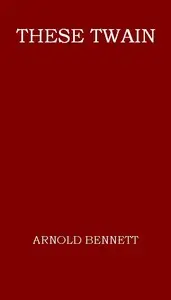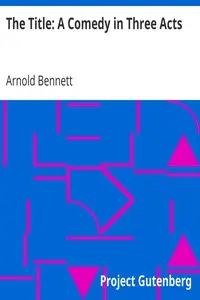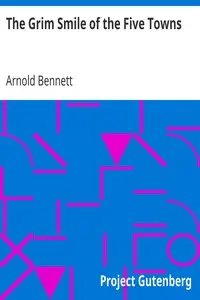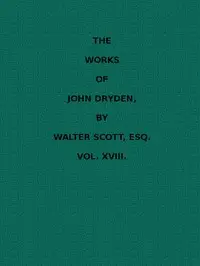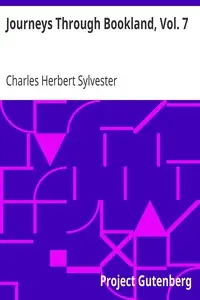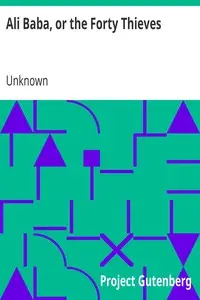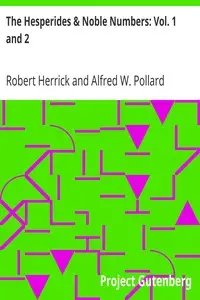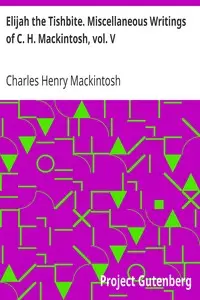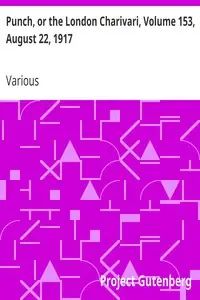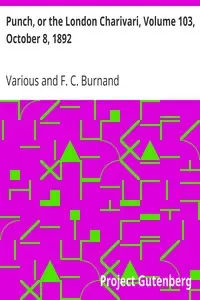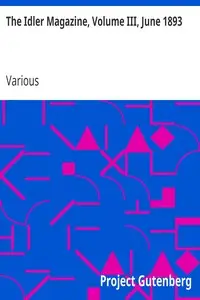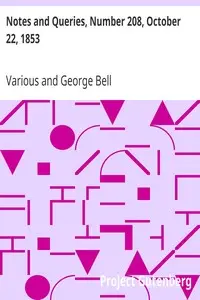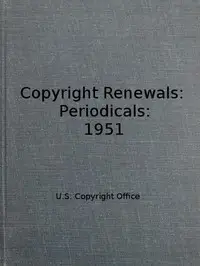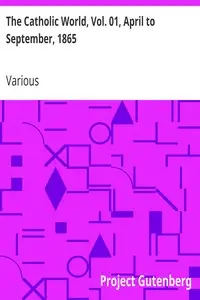"Literary Taste: How to Form It" by Arnold Bennett is a guidebook on literature appreciation written in the early 20th century. The text aims to demystify the process of developing literary taste, arguing that literature is not merely an elegant accessory to life but an essential part of living fully. By emphasizing the transformative power of literature, Bennett addresses the misconceptions many readers hold about literary engagement, encouraging an earnest approach to understanding and appreciating classic works. The opening of the book lays out the aim of forming a literary taste, challenging the idea that literature is merely a status symbol or distraction. Bennett criticizes the societal tendency to treat literary appreciation as a superficial accomplishment, asserting instead that engaging with literature deeply enriches one's experience of the world. He highlights the importance of approaching classics not just for their recognized significance but with a genuine curiosity and earnest desire to connect with the beauty and complexity of human experience they embody. This early section sets a thoughtful and reflective tone, urging readers to engage authentically with literature for personal and intellectual enrichment. (This is an automatically generated summary.)
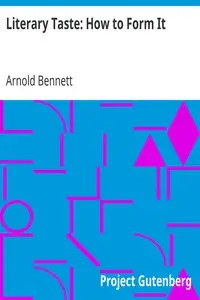
Literary Taste: How to Form It With Detailed Instructions for Collecting a Complete Library of English Literature
By Arnold Bennett
This eBook is taken from a 1914 re-printing of a 1909 edition. See also: #13852 taken from a 1913 edition.
Genres
Released
2003-01-01
Formats
epub (images)
epub
epub3 (images)
mobi (images)
mobi
Free Download
Overview
About the Author
Enoch Arnold Bennett was an English author, best known as a novelist, who wrote prolifically. Between the 1890s and the 1930s he completed 34 novels, seven volumes of short stories, 13 plays, and a daily journal totalling more than a million words. He wrote articles and stories for more than 100 newspapers and periodicals, worked in and briefly ran the Ministry of Information during the First World War, and wrote for the cinema in the 1920s. Sales of his books were substantial, and he was the most financially successful British author of his day.
Total Reviews
10.0k
Total reviews from Goodreads may change

